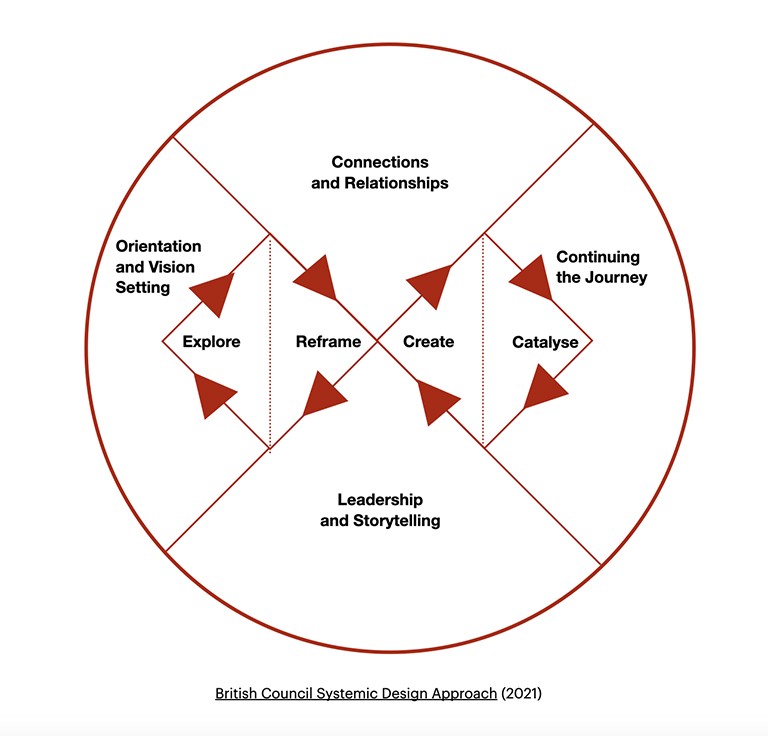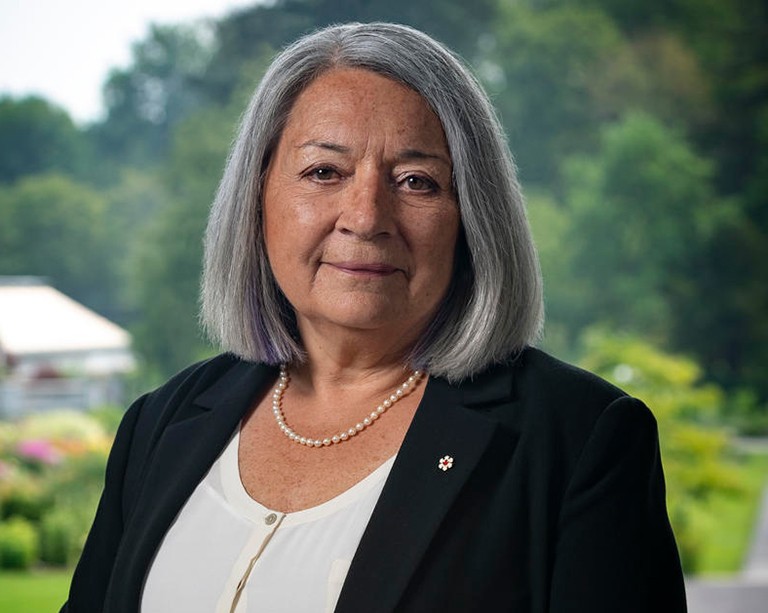Concordia undergrads are invited to enrol in the first-ever Innovation Lab course

A groundbreaking new course from Concordia’s Innovation Lab is now open to undergraduate students from across disciplines.
INTE 298 Innovation Models and Concepts will offer students the opportunity to focus their ideas, hone their skills and gain the necessary confidence to realize a variety of forward-looking projects.
“To innovate, you need to strike 100 matches. But only some will catch fire,” says Ann-Louise Davidson, course instructor and director of the Innovation Lab.
Davidson is also strategic advisor, innovation, for the Faculty of Arts and Science, professor of education and associate director of the Milieux Institute for Arts Culture and Technology.
She says the innovation industry tends to be all about entrepreneurship — in other words, about making money. But this course removes that risk.
“Students can make mistakes. If they flop, it’s okay,” Davidson says. “I will bring them along the journey of an innovator so that they will learn.”
‘Don’t expect three-hour lectures’
Davidson wants prospective students to be prepared to move, she says. The experience will be hands-on and out of the classroom as much as possible.
“The course will be structured but also very open. I will give very few lectures,” she reports.
Instead, students can count on acquiring a set of refined tools and the necessary supports to guide them on their way. They can propose almost any project, but there is no expectation that they arrive with one in mind.
“To me, that’s the most exciting thing,” Davidson says.
She explains that ideas can stem from the spaces students work or live in. Projects could revolve around a business idea or a social innovation project geared towards relieving a source of suffering.
“The very definition of innovation is to come up with creative ideas that offer solutions — to propose new solutions to a system that needs it or values it.”
Davidson’s students will begin by informing themselves of the challenge they hope to address, that is, the perceived need for innovation. They will then explore the issue further, with the goal of fostering a sense of empathy for the people they’re designing for or with.
For Davidson, collaboration is key.
“That’s the distinction between innovation and creativity. You need to be creative in terms of your ideas, but it really must be user-centred,” she notes.
“Users are front, back and centre. In the process of innovation, you never just do it yourself. You always do it for or with the users.”
 Reprinted from Beyond net zero: A systemic design approach (p. 46), by Hunter, N., Drew, C., Johnson, J., Chadha, S., Carlisle, C., Burnett, A., & Davies, E., 2021. Design Council. | Reprinted with permission.
Reprinted from Beyond net zero: A systemic design approach (p. 46), by Hunter, N., Drew, C., Johnson, J., Chadha, S., Carlisle, C., Burnett, A., & Davies, E., 2021. Design Council. | Reprinted with permission.
A ‘double-diamond approach’
Identifying the issue to be addressed and the individuals affected marks the beginning of what Davidson describes as a “double-diamond approach” to accomplishing an innovation goal.
She uses this model to illustrate the process whereby students will split off and converge twice along their 12-week journey — diverging to gather information and meeting at the other end with a refined idea or question.
To achieve this end, students will have access to a series of tools. One such tool is Impact Pursuits, the gamification of a tool used to map a system and the variables that influence it by flagging potential areas of action.
Impact Pursuits is a collaboration between the Innovation Lab and Balsam, a unit of Concordia’s District 3 Innovation Hub.
Each tool helps demystify what can feel like a daunting task. This structure is meant to help guide students from the initial vision to the prototype stage, whether theoretical or 3D, lo- or hi-fi.
“It’s a true structural brainstorm,” Davidson says.
Making connections
Davidson explains that, within the Innovation Lab, students work with partners on industry- or community-led projects. In the context of the class, students will achieve their outcomes in just 12 weeks.
“We have a huge network,” she says. “We have many mentors in the Innovation Lab that want to work with students. Opportunities to build relationships and make connections is important, as there’s no innovating alone.”
The course is open to all undergraduate students, regardless of their program or major. For now, there are only 25 spots available.
This course is just the beginning of what Davidson says she hopes will become a nine-credit microprogram on the innovation mindset, hosted by the Faculty of Arts and Science.
See examples of projects and testimonies from previous participants on the Innovation Lab’s Instagram account.
For more information, contact to Ann-Louise Davidson at ann-louise.davidson@concordia.ca.
Register for INTE 298: Innovation Models and Concepts via Concordia’s undergraduate Student Hub.


